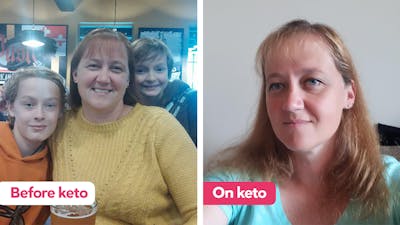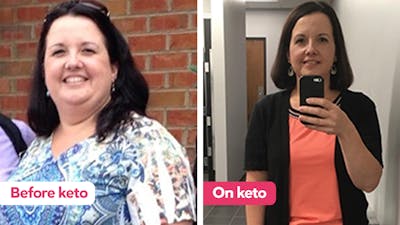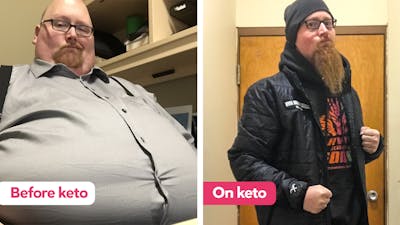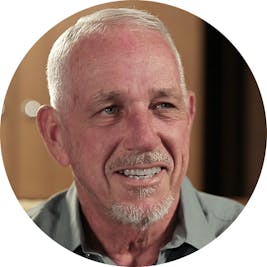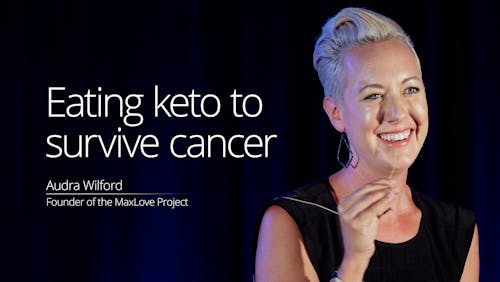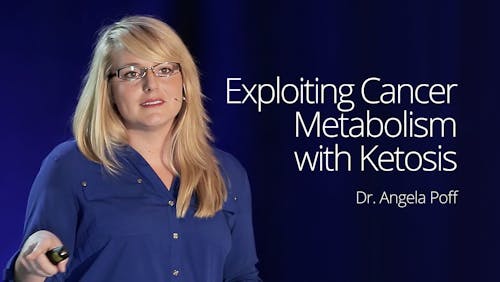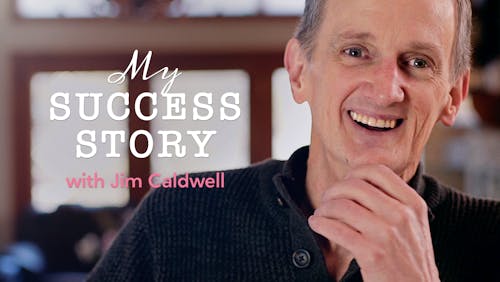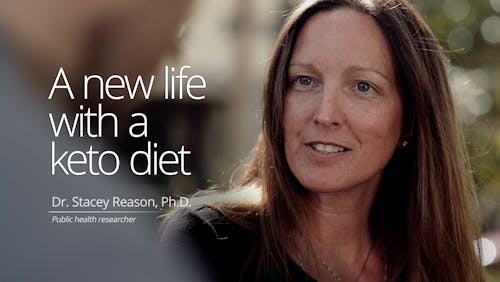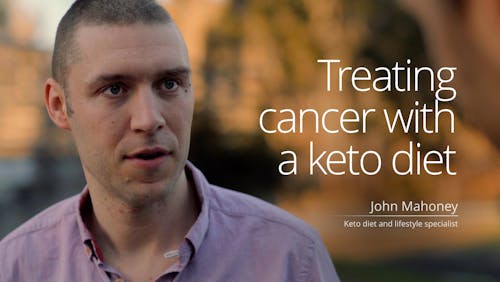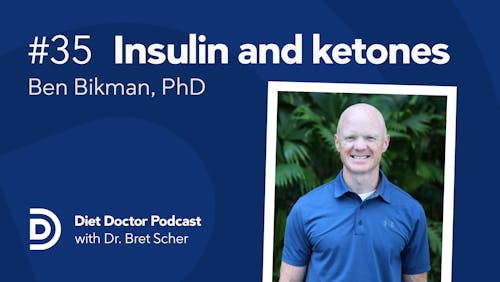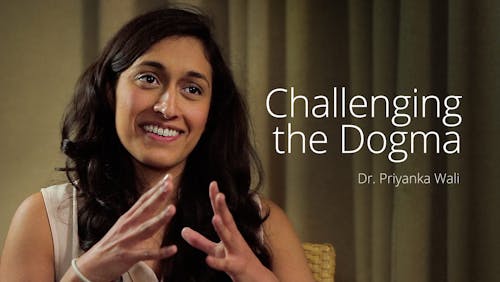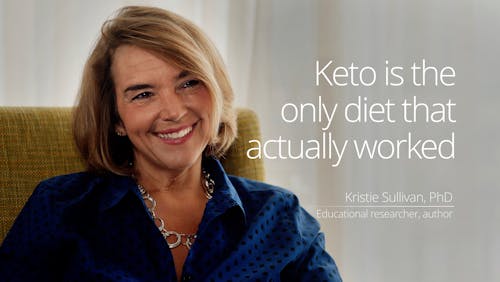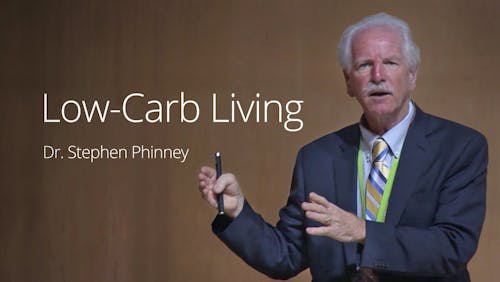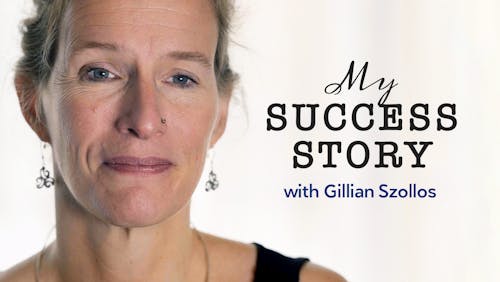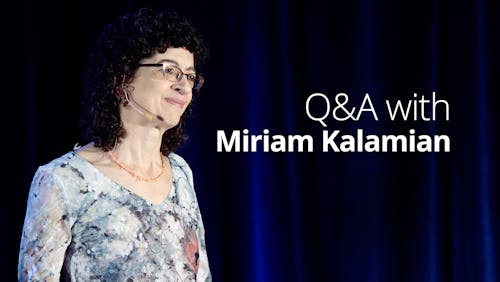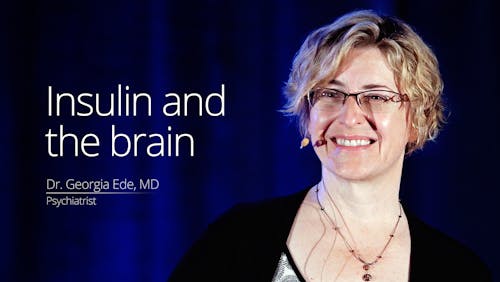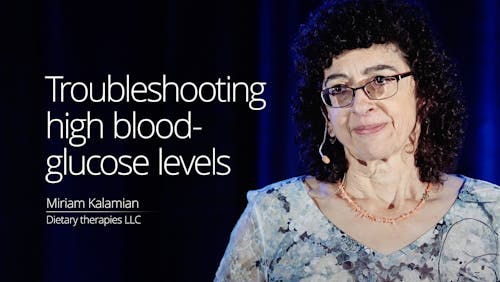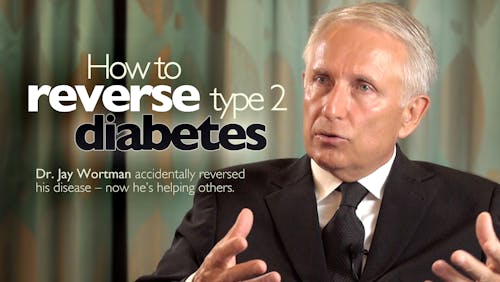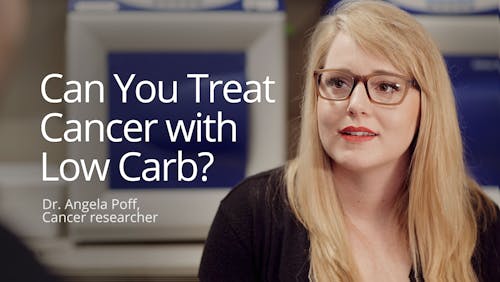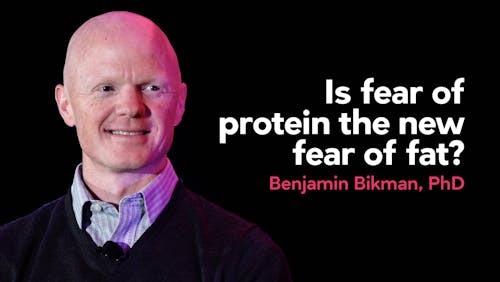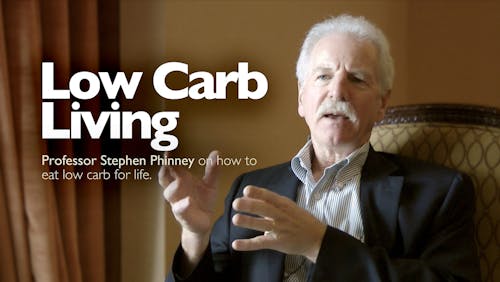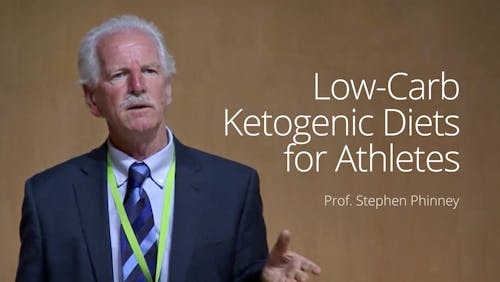“I’m feeling much better at 50 than 40!”
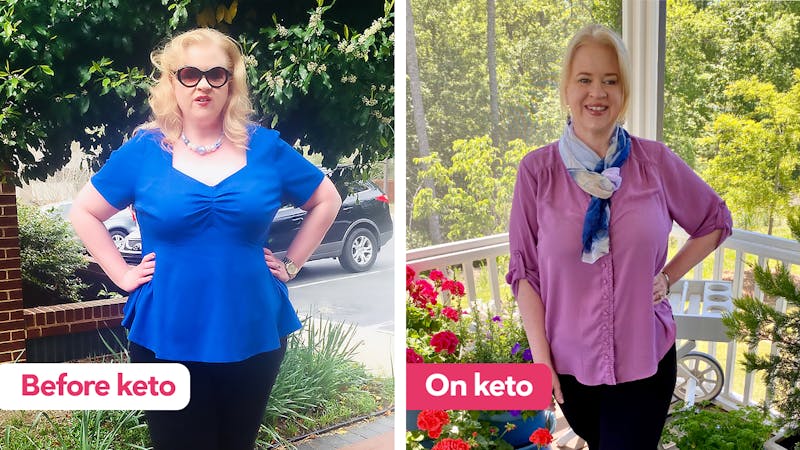
Emily’s weight issues began when she started working a desk job in her mid-20s. To get her weight back under control, doctors advised her to eat a “balanced” low-fat diet and count calories. And so, she started eating foods like fat-free yogurt for breakfast, noodle soup for lunch, and pasta for dinner.
Even though Emily followed her doctor’s advice to the tee and went to the gym three times per week, she still struggled to lose the weight. Not only that, but a few of her doctors even went so far as to accuse her of not being honest about what she was eating.
“It felt so demoralizing that I started feeling like my lack of willpower was a character flaw,” Emily said.
Around age 30, Emily noticed a few of her co-workers were able to lose weight by eating low carb. This sparked her interest, and she tried the diet and lost 30 pounds (14 kg) effortlessly. However, shortly afterward she learned she was pregnant — and her doctors advised against going low carb while expecting.
As a result, Emily went back to her old way of eating. Within a short while, she was diagnosed with gestational diabetes, a condition in which your blood sugar levels become high during pregnancy. She then developed gestational diabetes with her second and third pregnancies as well, and like many women who are diagnosed with this type of diabetes, her weight continued to climb, and she grew increasingly frustrated.
“I knew gestational diabetes was a risk factor for developing type 2 diabetes later on. But I just didn’t know what to do about it,” Emily said.
Emily’s multiple sclerosis diagnosis
In 2014, Emily started experiencing neurological symptoms, such as numbness and tingling in her legs. At first, the doctors that she saw blamed these issues on her weight, and didn’t attempt to investigate further. However, after nine months of worsening symptoms, her doctors referred her to a neurologist. Right away, she was diagnosed with multiple sclerosis (MS), a disabling disease that attacks the central nervous system.
Although she was put on medication, the disease continued to progress over the years. A friend mentioned how Dr. Terry Wahls’ managed MS with a low-carb paleo diet. Emily felt intrigued, but unfortunately, she wasn’t motivated to change her lifestyle at that point. The disease simply made her too tired.
In December 2016, Emily suddenly lost the ability to control her legs during a shopping trip. When she tried to step up to the slightly elevated pavement, she couldn’t. “It was terrifying. I had to call my husband for help getting home,” Emily said.
This occurrence acted as her wake-up call, and made her realize that she needed to make a major change to her lifestyle.
Starting a keto diet
Although Emily spent some time researching the keto diet, she didn’t officially begin eating low carb until June of 2017.
Not long after starting, she began to see results. Most notably, Emily’s ability to concentrate improved. The consistent brain fog that had plagued her for years disappeared within weeks. “Before, I always struggled to read long articles or look at spreadsheets. Within three weeks of starting keto, that was gone. And I had a lot more energy,” Emily said.
Emily’s blood sugar levels also improved. Prior to going keto, her blood work came back showing that her blood sugar was in the diabetic range. To her surprise, the same test came back completely normal and healthy after just five months on keto.
Emily still notices slightly heightened blood sugar in the mornings. This is a well-known phenomenon called the Dawn phenomenon.
“I have a continuous glucose monitor and a supportive low-carb doctor that I found on Diet Doctor’s find a low-carb doctor page, so it’s easy for me to experiment with my diet,” Emily said.
During her first year on keto, Emily lost 60 pounds (27 kg). She largely attributes this to maintaining a strict regimen when it comes to her diet. In her previous low-carb attempts, she made the mistake of believing that a carb-rich treat wouldn’t send her off the rails. “Bitten Jonsson’s sugar addiction series helped me realize why I couldn’t just eat one treat, and then go right back to keto,” Emily said.
How keto helps Emily’s MS
People with MS sometimes experience flare-ups, which are episodes that occur when existing symptoms worsen or altogether new ones emerge.
Since living keto, Emily says she hasn’t had a single flare-up. And although she still experiences mild symptoms, her doctors say that there’s no evidence that the disease has progressed.
“I still experience symptoms of MS. For example, my left foot’s always asleep. It feels like I wear a toe separator, the kind that you would use when getting a pedicure. But the MRIs show no progression of the disease, and it was progressing fast before,” Emily said.
Over the past two winters, Emily’s doctor took her off her MS medication to reduce the risk of her contracting the flu during the colder months. The medication she takes suppresses the immune system, which means that it puts people, like Emily, who suffer from MS at a higher risk of developing severe complications from the flu.
As the coronavirus pandemic spread across the world this year, Emily’s neurologist allowed her to completely discontinue her MS medication. “My doctor’s very experienced and still watches me closely to see if the disease progresses. But since going off my medication, my outlook is better and I’m much less scared of the coronavirus,” Emily said.
Emily’s approach to eating keto
Emily’s low-carb diet hasn’t changed much since she first went keto in 2017.
These days, she cooks simpler meals (with fewer ingredients) and tries to stay away from baking keto treats. “Even though I eat very simple meals, they still taste amazing because I only use good ingredients,” Emily said.
As a keto adherent, Emily skips out on breakfast — a part of the routine she enjoys.
“I’ve never been hungry in the morning, so it’s been a great relief to hear that I don’t have to eat breakfast on keto,” Emily said.
Sometimes, she’ll start her day with coffee and cream. She usually eats her first meal of eggs with truffle salt or chives around 1 pm.
Later in the evening, she eats dinner with her family, which is usually a protein, a low-carb vegetable and a tasty homemade sauce or salad dressing. You’ll see Emily’s favorite Diet Doctor recipes below:
Emily calls her way of eating “lazy clean keto”. She doesn’t track what she’s eating, but is very particular about the ingredients she uses. For example, she eats grass-fed meats and wild-caught fish, but doesn’t allow seed oils and additives in her diet, and she rarely uses artificial sweeteners.
When Emily first began eating keto, she bought a big freezer for her garage. This has simplified her cooking process and saved her a lot of time. “It’s been life-changing. I would recommend anyone to cook large batches and store [them] in the freezer,” Emily said.
As for exercise, Emily doesn’t feel that it’s necessary for weight loss while on keto. Her MS largely hindered her from exercising during her weight loss journey and it hasn’t been an impediment to her success.
However, she still believes that there are benefits to moving, and she’s started exercising a bit more as she’s gotten healthier.
Emily’s top keto tips
- Understand the science behind keto. Educate yourself with Diet Doctor videos, books (like her favorite, Why We Get Fat), and podcasts. If you don’t know the basic science behind keto and its potential benefits, it’s easy to allow doctors, nutritionist, and even friends to talk you out of it.
- “Failure to plan, is a plan to fail.” Emily stresses the importance of planning. She always spends an hour on Saturdays planning meals for the upcoming week. She advises people to always have something keto-friendly to eat at home in case they get hungry — and to prepare for what you’ll eat during social events ahead of time.
- One step at a time. Just focus on quitting carbs and eating enough to stay full in the beginning. Once you’ve mastered that, you can fine-tune things like macros and fasting.
Comment
Thanks for sharing your journey with us, Emily! Congrats on your fantastic success. I am honored we can play a role in helping you transform your health. While individual examples like yours are very encouraging, we have to acknowledge the lack of good research on keto and MS. Find out more on our science of low-carb and keto page. Hopefully examples like yours will inspire more research in this emerging field.
Best,
/ Dr. Bret Scher
Most popular success stories
All success stories
Share your story
Do you have a success story you want to share on this blog? Send it (photos appreciated) to success@dietdoctor.com, and please let us know if it’s OK to publish your photo and name or if you’d rather remain anonymous. It would also be greatly appreciated if you shared what you eat in a typical day, whether you fast etc. More information:
Share your story!More
How to reverse type 2 diabetes
Multiple sclerosis
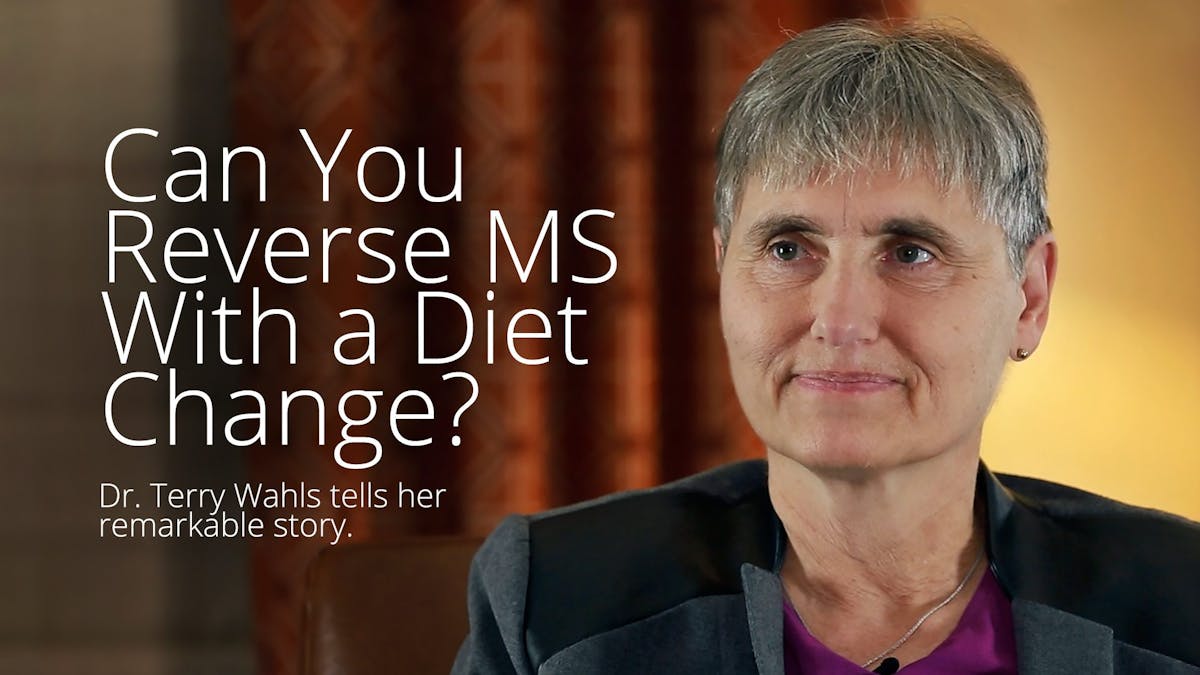

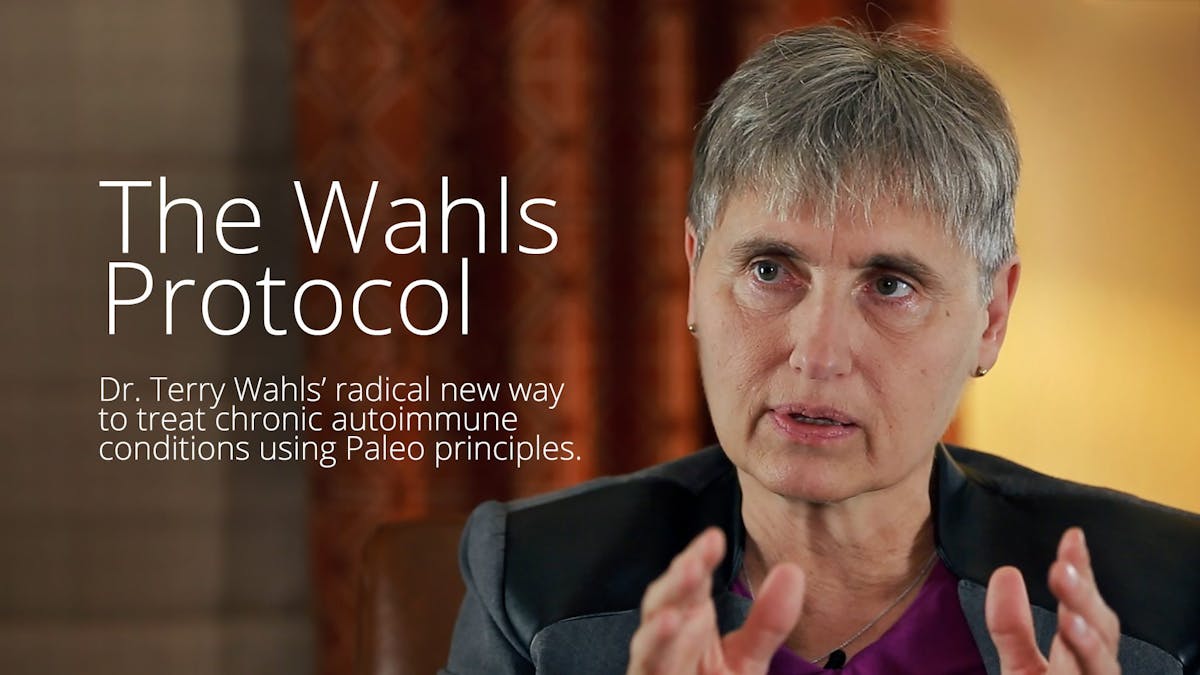

Keto
Support
Do you want to support Diet Doctor and get access to bonus material? Check out our membership.












